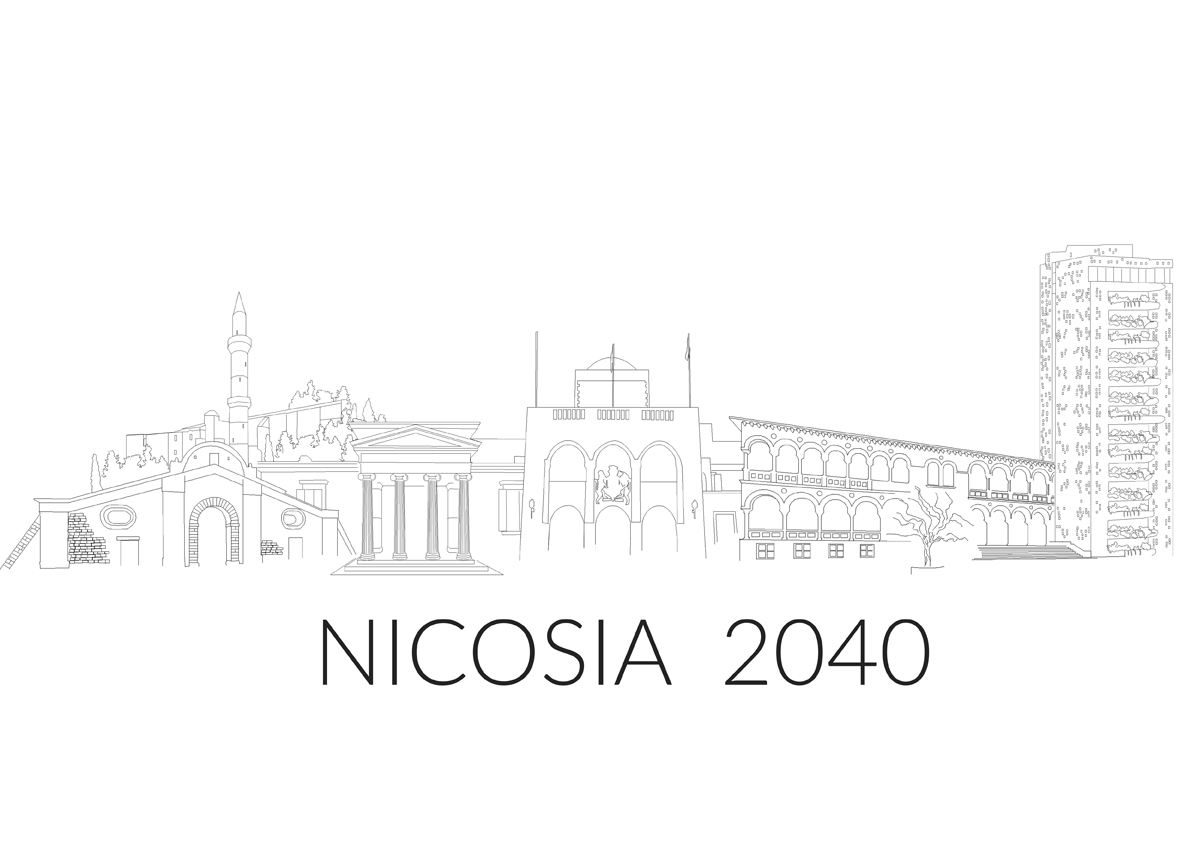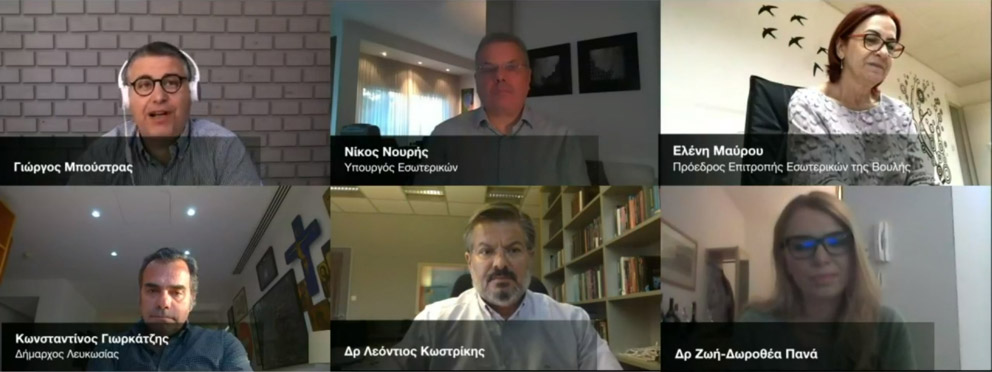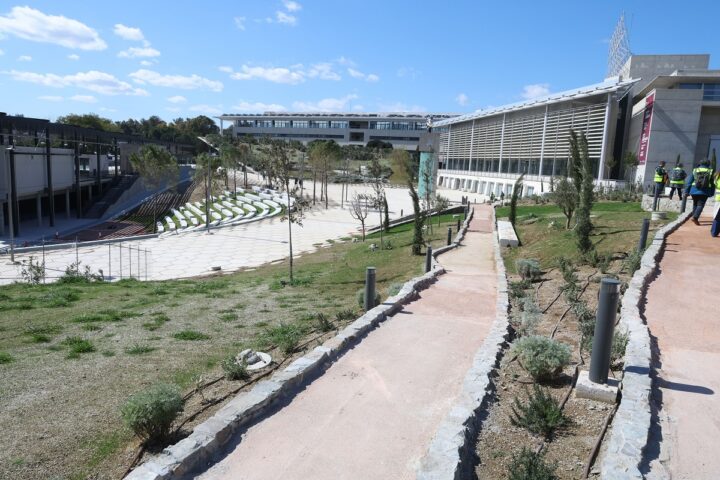Nicosia needs to embrace the challenges arising from the post-Covid19 ‘new normal’ and adapt to changes that will act as a catalyst to reform local government in Cyprus, a community-based initiative argues.
Leading public personalities discussed their experiences and the mechanisms available in town administrations to combat crises, similar to the coronavirus pandemic, just as parliament starts debating municipal reforms.
The online discussion, part of the “Nicosia 2040” initiative organised by the Oxygono NGO and the Cyprus Youth Council, is part of a series of talks in all towns targeting changes over the next two decades.
“It is important to focus on our communities’ long-term plan, hence the ‘2040 Series’, because it is the only way to work together – officials, companies, media, universities, activists – for a common vision to achieve inclusive growth,” said Nicolas Kyriakides, a Larnaca-based lawyer and vice president of Oxygono.
“Oxygono is not a think tank because it does not express any opinion. It is an independent NGO, a platform that brings together decision-makers and experts to improve the quality of policymaking in our country.”
Taking part in the online debate were the past and incumbent mayors of Nicosia, Interior Minister Nicos Nouris and two leading medical experts, who have been in the media spotlight recently.
The debate concluded there is a need for more responsibility by local authorities, especially when it comes to social policies, better coordination between the central government and local administration to jointly deal with crises and emergency situations.
Participants also highlighted the importance of civil society and the contribution of volunteerism to fill the gaps in the state mechanism.
“We must improve our infrastructure, town planning, bicycle paths, e-government and the institution of civil defence,” said Nouris, previously MP for ruling Disy and a long-term Nicosia council member.
“We want to learn from our weaknesses to be better prepared for the next crisis. At the [Interior] Ministry we know that we should improve our structures.”
He praised the Civil Defence, which is a body tasked with responding to disasters, but admitted there were shortcomings in better collaboration with local administration.
Former minister and the previous mayor of Nicosia, Eleni Mavrou of the opposition Akel, said municipalities have contributed significantly to the well-being of citizens, “and we need to build on this success. This experience should push us all to achieve structural changes”.
Mavrou, who also chairs the House Interior Committee where the municipal reforms package will be discussed, said the term “physical distance” is more representative of the situation, as opposed to “social distancing” when talking about towns and cities.
“Our towns are not a sum of buildings, but a sum of people and people need to have social contact.
The changes we are talking about should keep a balance between the need for human contact and the need for measures of prevention.”
Mavrou added that the commendable efforts of local administrations to help in disinfecting public buildings should continue, even after this pandemic is over.
Incumbent mayor Constantinos Yiorkadjis said: “We are close to the citizens; we know their needs and we responded directly to some serious humanitarian problems caused by the pandemic.”
Transport rethink
The need to learn from the current crisis was highlighted by two leading health experts.
Epidemiologist Dr Leontios Kostrikis, advisor to the president on the pandemic and a household name because of his daily reports on Covid-19 cases, said: “The best weapons against the virus are the constant use and monitoring of the measures, primarily cleanliness and disinfecting public areas such as parks, public buildings and businesses.”
He said although the current pandemic will not bring about drastic changes to the transport infrastructure within towns, safer transport options should be considered.
“The number of passengers on buses should be reduced, they should be cleaned more frequently and replace the carpet flooring with material that is easier to disinfect.
Issuing tickets and paying taxi fares should become contactless and a plexiglass partition is necessary between the driver and passengers.”
Kostrikis added that strange as it may sound, private car use should be encouraged as a safer mode for social distancing.
Mayor Yiorkadjis said public transport was crucial to ensure mobility and if the number of passengers on buses is to be reduced, then the itineraries and network should be expanded.
“Work is underway for a network of bicycle lanes and a new bike path will soon be built linking the municipal gardens to the town centre and from there to the University of Cyprus campus.”
He said the municipality is also considering closing off some roads to cars on a temporary basis, perhaps a day a week or on weekends.
He backs cooperation between the municipality, the University of Cyprus, the Open University and the technical university TEPAK in supporting start-ups such as the ‘contact tracing’ app through the RISE incubator programme.
“Of primary importance is to put the right structures in place so that now and in the future, we can support vulnerable groups of citizens at all levels,” said paediatrician Dr Zoe Dorothea-Pana.
“As a result of the pandemic, we should consider moving out to smaller communities, thus changing the density of town centres. Distance working and e-learning also contributes to fewer movements.”
Kostrikis and Dorothea-Pana said that education and training were of utmost importance, both for medical and nursing professionals, as well as for municipality staff.










